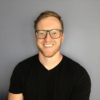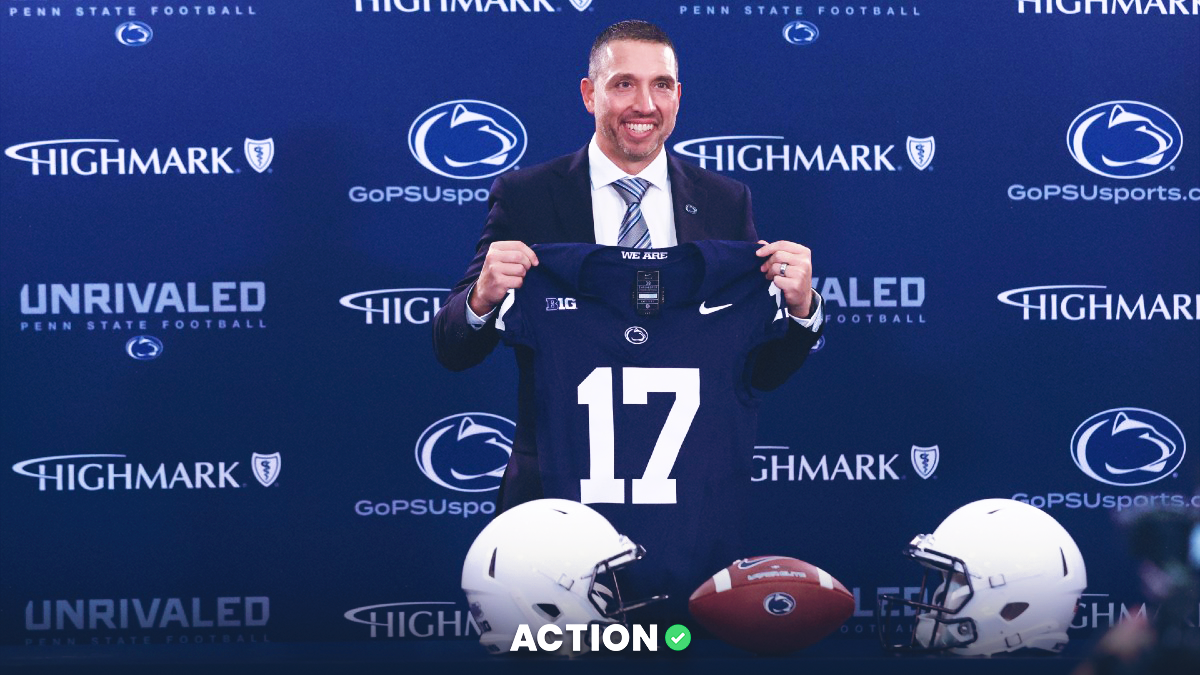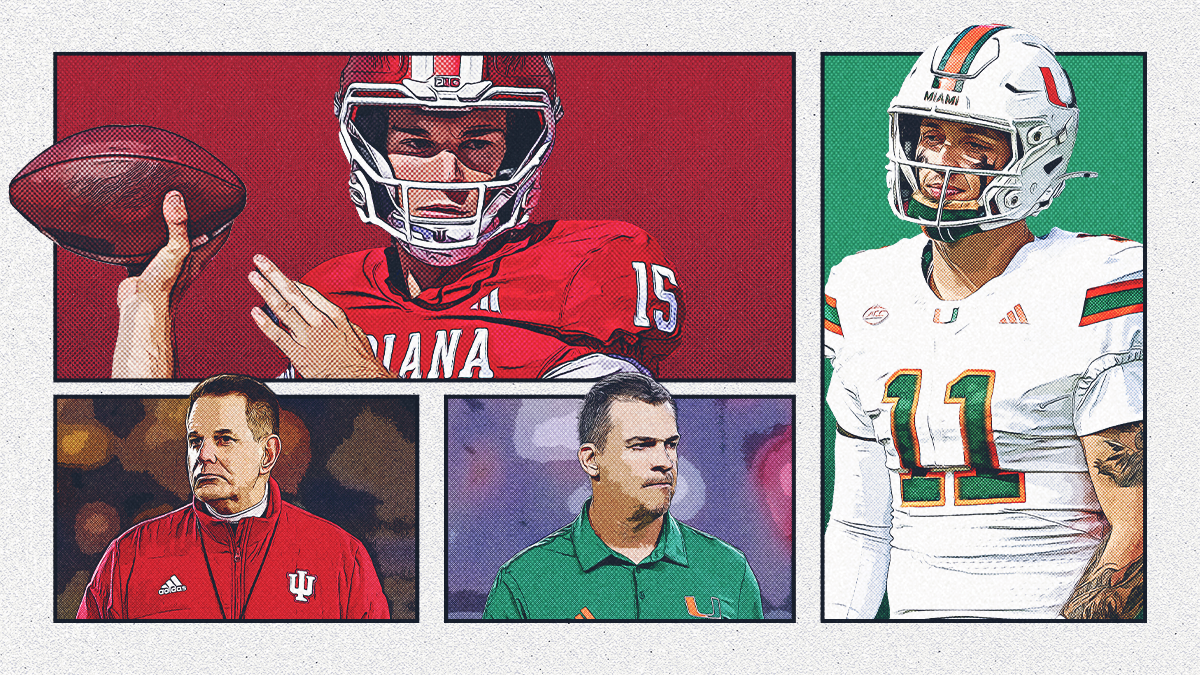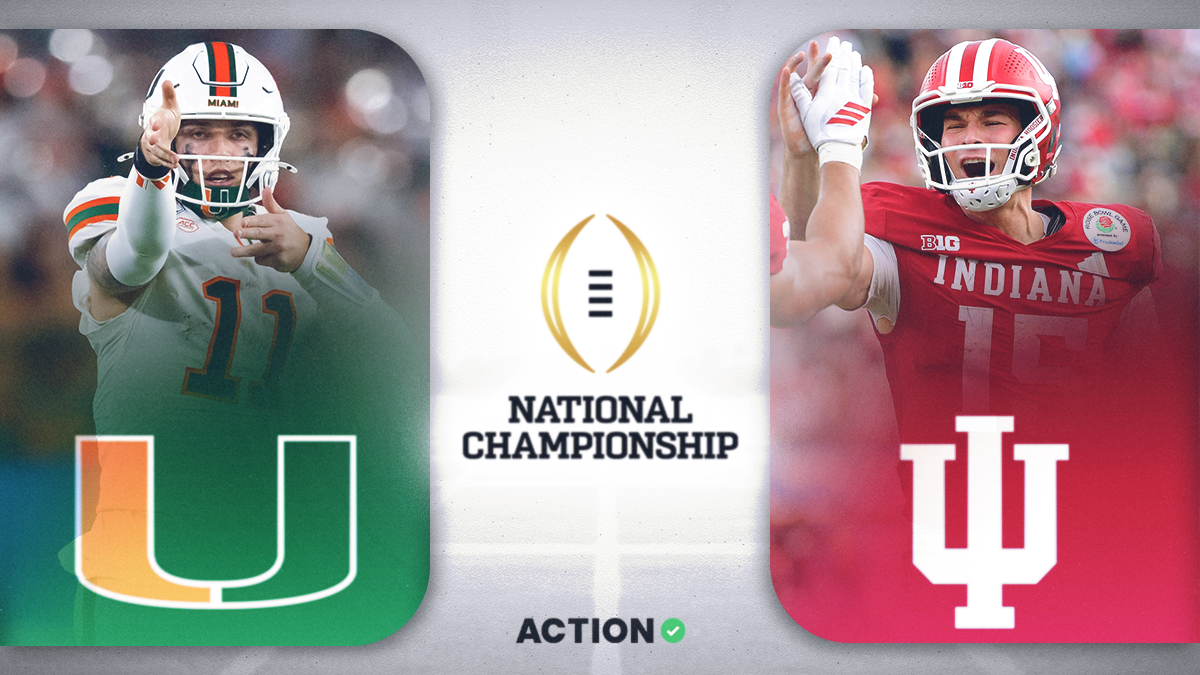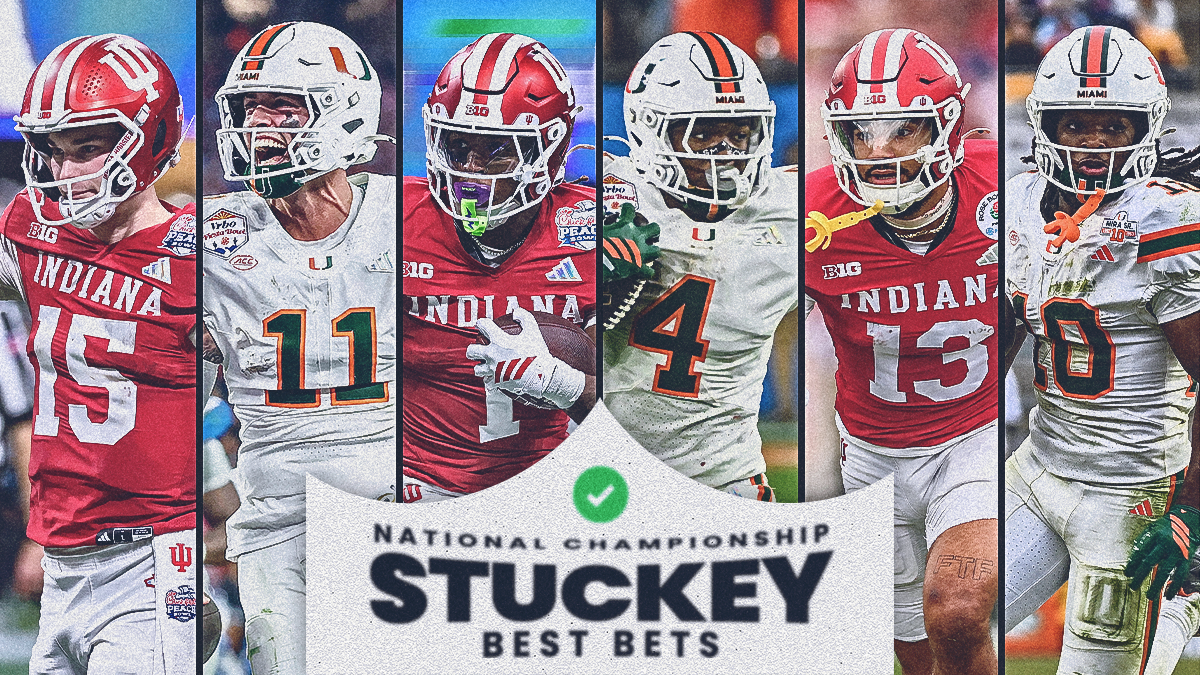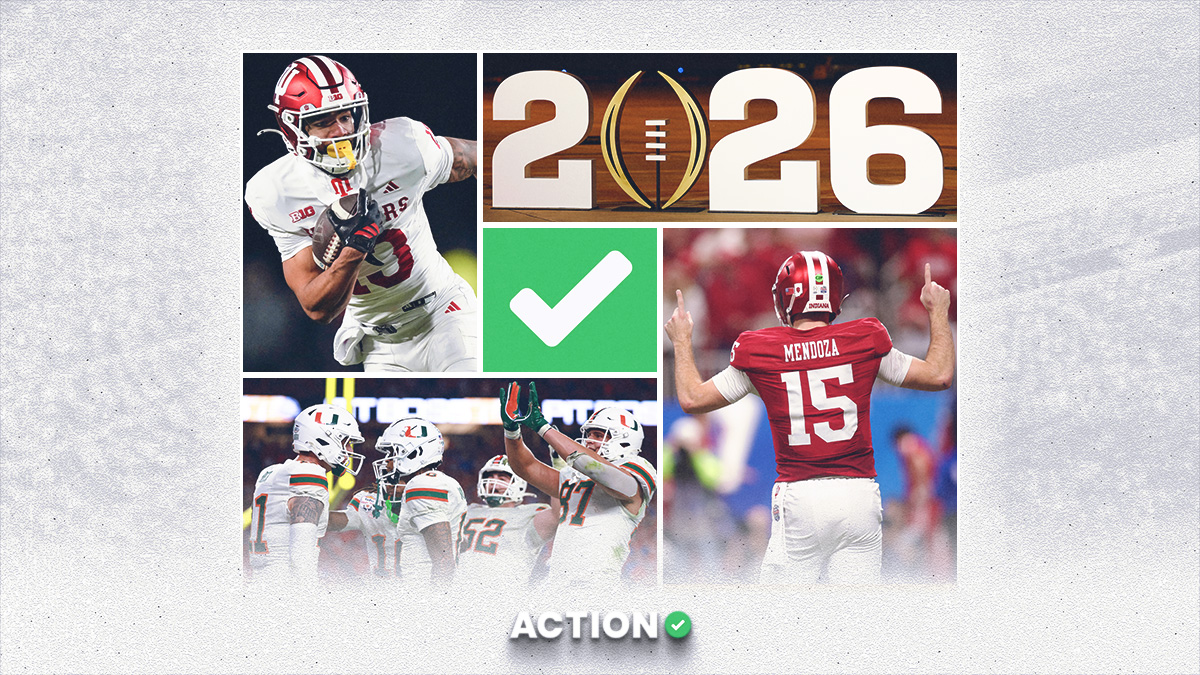- College football's AP Top 25 Poll has immense influence on the betting habits of recreational bettors.
- Ranked teams overvalued by the public can be exploited by savvy contrarian bettors.
- The optimal time to fade ranked teams is early in the season in heavily bet games.
The preseason AP Top 25 Poll came out on Monday. While these rankings won’t tell us much about the upcoming season (we already knew Alabama was good), it is important to remember the immense influence this poll has on recreational bettors.
According to Bet Labs, there have been 2,846 games between ranked and unranked teams since 2005. The ranked team has received a majority of spread tickets in more than 90% of those matchups.
The data shows that if teams are ranked, the public will bet them. Oddsmakers understand this tendency and will shade lines to take advantage of public perception. This has led to value on unranked programs.
Since 2005, unranked teams are 1,434-1,365-47 (51.2%) ATS when playing a Top-25 opponent. The win rate is not enough for bettors to be profitable but it does show an edge.
The optimal time to wager on unranked teams is early in the season.
Unranked Teams vs. Ranked Opponent
- Games 1-5: 611-561-19, +16.95 units
- Game 6 or later: 823-804-28, -25.60 units
Early in the season, there are big discrepancies between the AP Poll and betting markets. For example, Wisconsin is No. 4 in the nation but the Badgers are 28-1 to win the national title, the eighth-best odds.
As the season progresses, the polls begin to match the futures market, and the value of fading top-ranked teams starts to diminish.
Clearly, ranked teams have inflated lines, and there is an edge betting on their unranked opponents to begin the season. To further exploit this trend, it is best to target heavily wagered games.
Most games featuring a ranked team will receive significant action. But bettors won’t always pound these matchups, especially if the game features a Top-25 team from outside the Power 5.
In Week 13 last year, we tracked 4,396 tickets on No. 20 Memphis vs. East Carolina. That same day, there were nearly 30,000 wagers placed on No. 9 Ohio State-Michigan.
When there is a lot of public action, books are more likely to shade lines in the direction of the ranked team, giving more value to the unranked opponent.
The table below displays how unranked teams have fared against ranked opponents early in the season based on the number of bets compared to daily average.
This means if there were 50 games on a Saturday and we tracked 500,000 total bets, the daily average would be 10,000 bets.
The more action a game receives, the better unranked teams have performed when playing a Top-25 opponent.
This simple contrarian strategy shouldn’t be followed blindly. Additional handicapping is required, but it can get you started in the right direction.
>> Sign up for The Action Network's daily newsletter to get the smartest college football conversation delivered into your inbox each morning.
One game that matches in Week 1 is Maryland vs. No. 23 Texas (Saturday, Sept. 1, 12 p.m. ET). The Longhorns are 11.5-point favorites in one of the weekend’s most bet games.
The Terps upset the ranked Longhorns to begin the season last year. While technically a neutral-field game at FedEx Field in Landover, Md., the Terrapins will have home-field advantage playing 15 minutes from campus.
Can Maryland pull another upset? Maybe, but all you need is a cover if you take the Terps plus the points.

